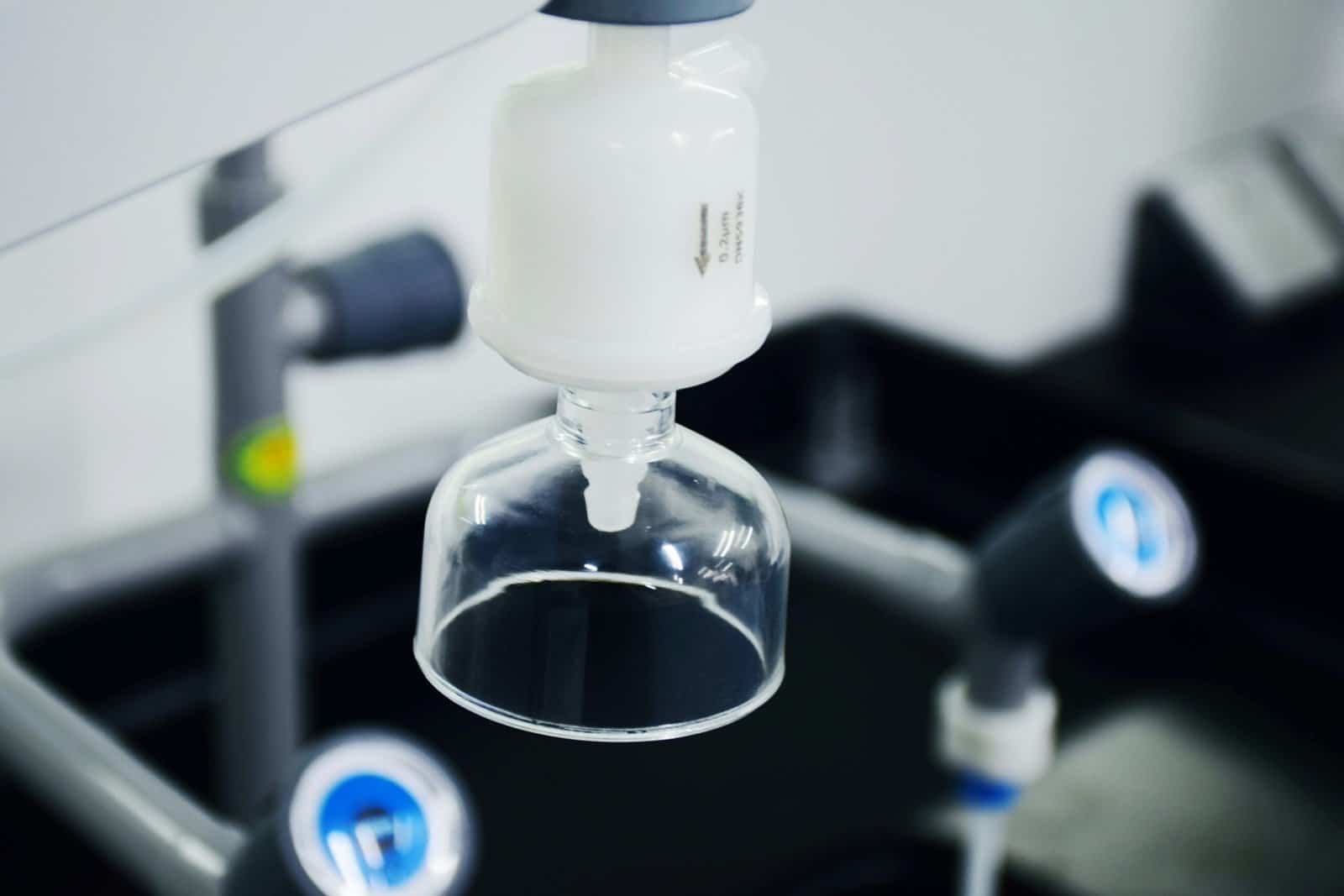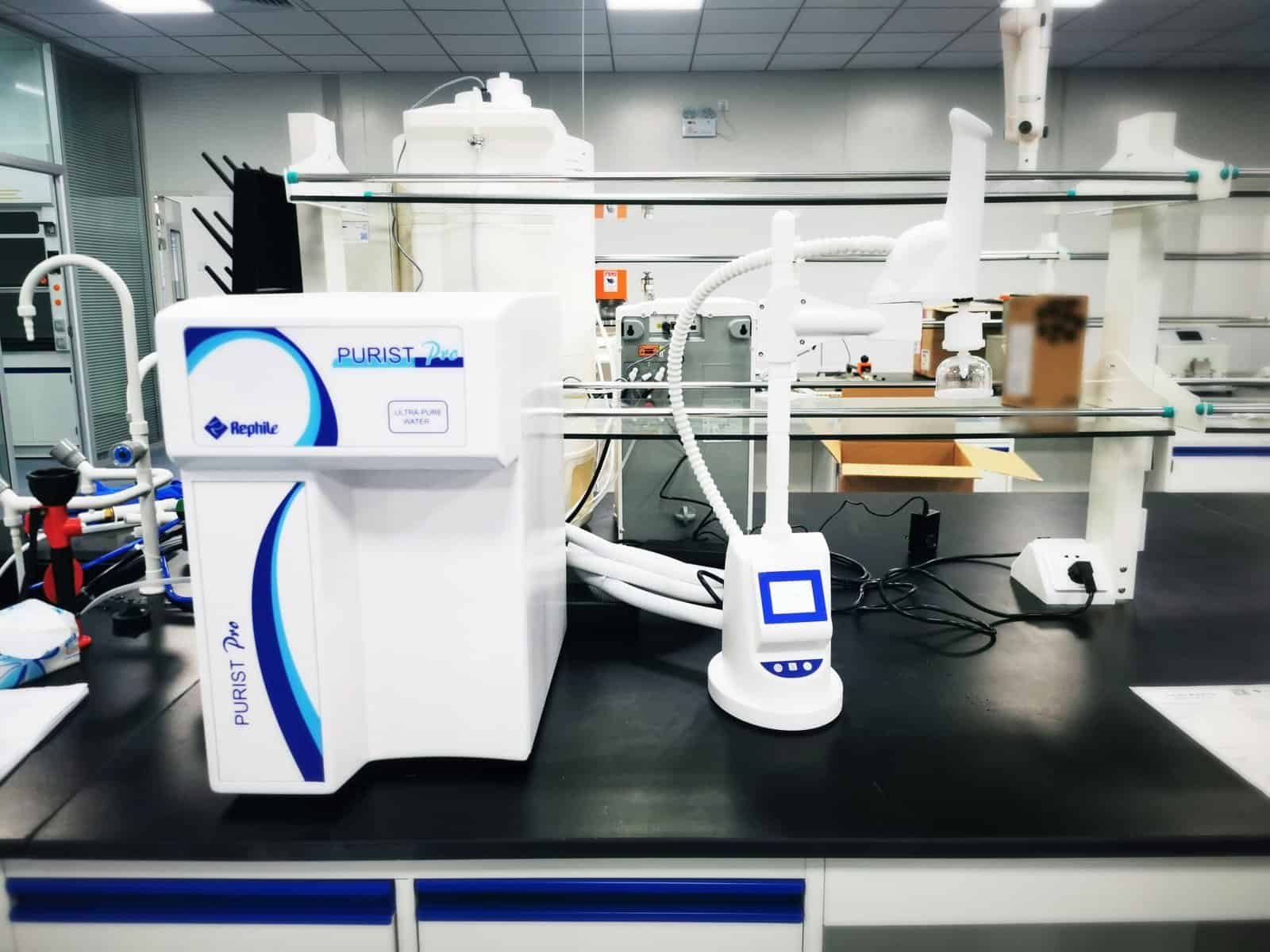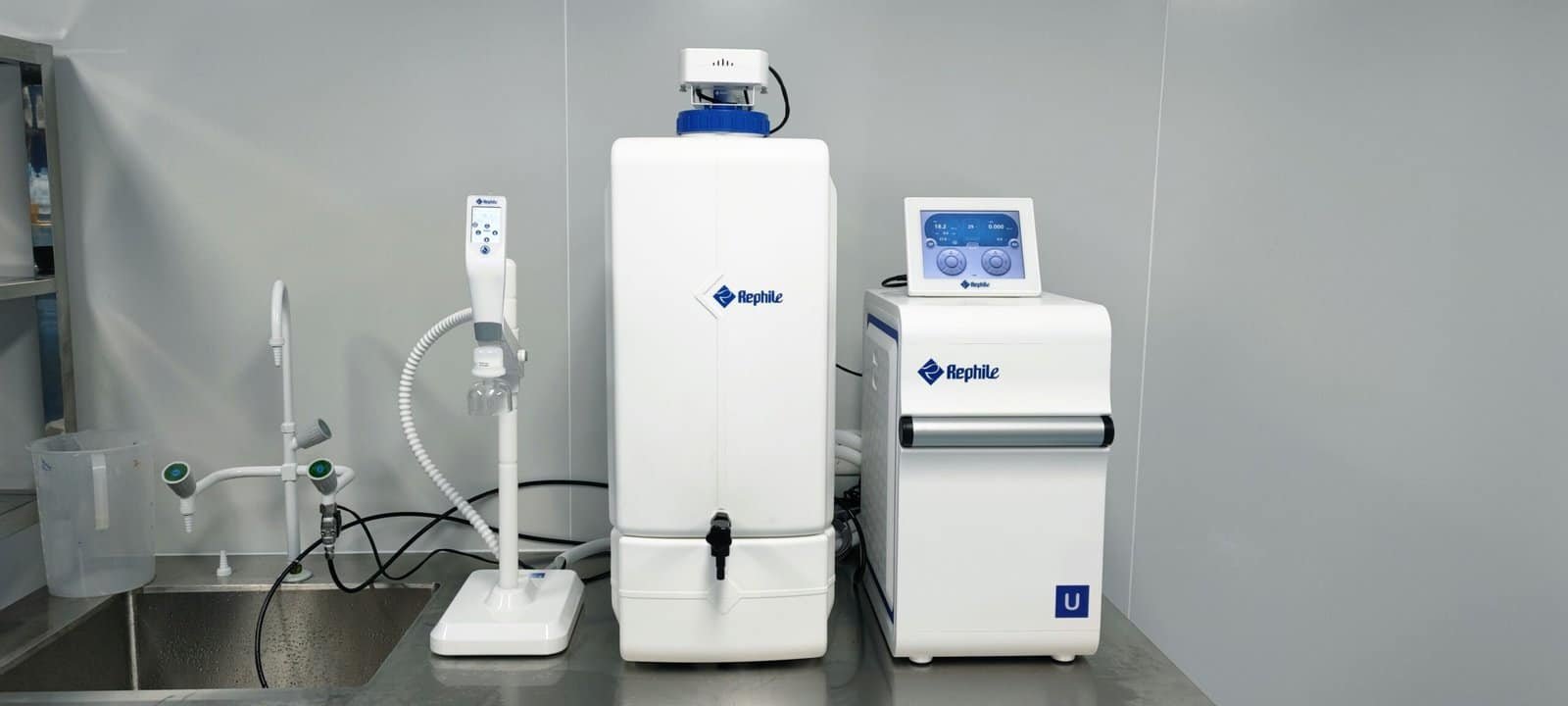Have you ever wondered where you can find local workshops on well maintenance that can guide you through the essentials of keeping your well in top condition? Taking care of your water well is crucial for ensuring you have a clean, reliable water supply while also protecting the environment. Understanding how to properly maintain your well can be overwhelming, given the technicality involved, but attending workshops can greatly enhance your knowledge and skills. Let’s dive into how you can find these workshops and what you should expect to learn.
Understanding the Importance of Well Maintenance
Before identifying where to find these workshops, it’s important to understand why maintaining your well is crucial. A well-maintained well functions efficiently and provides clean and safe water for your household needs. Proper maintenance helps prevent contamination, improves water quality, extends the life of the well, and ensures a reliable water supply.
Benefits of Well Maintenance
Regular maintenance is integral to managing your well’s health. By keeping up with maintenance, you can avoid costly repairs or even the replacement of the well system. Additionally, well maintenance helps protect groundwater resources by preventing pollutants from entering the water supply.
Risks of Neglected Well Maintenance
Neglecting well maintenance can have serious consequences, including contaminated water, reduced water quality, and increased health risks. Poor maintenance may lead to higher levels of bacteria, nitrates, or other dangerous substances in your water, potentially causing illness to you and your family.
Finding Local Workshops on Well Maintenance
Finding the right workshop may seem daunting, but several resources can help you get started. These workshops are often sponsored by local government agencies, environmental organizations, or community colleges.
Reach Out to Local Health Departments
Your first step could be to contact your local health department. They often have information on upcoming workshops related to water safety and well maintenance.
| Contact Method | Description |
|---|---|
| Phone Call | Call to inquire about upcoming workshops and ask for additional resources on well maintenance. |
| Send an email detailing your interest in well maintenance workshops and ask for recommendations. | |
| Visit in Person | Visit the health department to speak with someone directly about your interest in well maintenance. |
Consult with Environmental Agencies
State and local environmental agencies often run educational workshops focused on sustainable water management, which includes well maintenance. Explore their online resources or contact them directly to inquire about upcoming events.
Check Out Community Colleges
Local community colleges sometimes offer courses or workshops on well maintenance and other home sustainability practices. Their courses often cover a wide array of topics, providing in-depth, hands-on learning experiences.

Information to Expect in Well Maintenance Workshops
Once you’ve found a workshop to attend, you may wonder what kind of information will be covered. Workshops typically provide a comprehensive overview of well maintenance, from basic care to advanced troubleshooting techniques.
Basic Well Maintenance
Understanding the basics of well maintenance is often the first topic covered. You’ll learn about the components of a well system, common problems, and simple strategies for keeping your well in good working order.
Water Testing Procedures
Proper water testing is a cornerstone of well maintenance. Workshops typically guide you through testing your water for contamination or capacity concerns and understanding the results so you can take appropriate action.
Identifying and Solving Problems
Workshops often focus on identifying common well problems and implementing effective solutions. From pump issues to contamination concerns, you’ll learn practical ways to troubleshoot and resolve these challenges.
Wellhead Protection Measures
An integral part of maintaining a well is protecting the wellhead. Let’s explore guidelines you might learn in a workshop on installing wellhead protection measures.
What are Wellhead Protection Measures?
Wellhead protection measures are strategies implemented to safeguard the area immediately surrounding your well’s opening. They aim to prevent contamination and ensure the long-term reliability of your water supply.
Installing Wellhead Protection
Learning about effective wellhead protection practices can prevent potential contamination:
Proper Installation and Sealing: Ensuring your wellhead is properly installed, constructed, and sealed is crucial to prevent any contaminants from entering the water supply.
Maintaining a Safe Radius: Establishing a safe radius around your well that is free from potential pollution sources, such as septic systems or livestock, minimizes contamination risks.
Proper Landscaping: Utilizing landscaping that directs water away from the wellhead and prevents chemical runoffs is essential. Avoid using hazardous chemicals near the well.
Regular Inspections and Repairs: Periodic inspections and timely repairs can prevent minute issues from turning into major contamination events.

Additional Resources for Well Maintenance
In addition to workshops, several other resources can support your well maintenance journey. Leveraging these resources can help you remain informed and prepared to tackle any well-related issue.
Online Learning Platforms
MOOCs (Massive Open Online Courses) offer free or low-cost courses on well maintenance, providing an alternative way to gather reputable information. Websites like Coursera or Udemy might host relevant courses for well owners.
Industry Publications
Subscribing to industry publications focused on well maintenance can keep you up-to-date with the latest practices and technologies. These publications can provide valuable insights from professionals and researchers in the field.
Community Forums and Groups
Engaging with community forums or social media groups dedicated to well management can offer additional support and advice from peers facing similar challenges.
Evaluating Workshop Effectiveness
After attending a workshop, it’s important to reflect on the experience and evaluate its effectiveness. This ensures that the time and effort spent were beneficial in enhancing your understanding and skills.
Key Takeaways
Consider the key concepts, techniques, and practices you learned and how they apply to your specific situation. Ensuring you’ve gained practical, actionable knowledge is essential for your future well maintenance efforts.
Quality of Information
Evaluate whether the information provided was comprehensive and up-to-date. Reliable workshops should be grounded in current research and align with industry standards.
Application of Learned Skills
Reflect on how prepared you feel to implement what you’ve learned. Can you troubleshoot common well problems or successfully perform a water test following the workshop?

Final Thoughts
Attending local workshops on well maintenance is a fantastic way to gain the knowledge and confidence needed to maintain your well effectively. These workshops provide valuable insights, hands-on experiences, and guidance from knowledgeable professionals. Understanding well maintenance thoroughly helps ensure a reliable, clean, and safe water supply for you and your family while contributing to environmental protection. Whether through local health departments, environmental agencies, or community colleges, there are ample opportunities to enhance your understanding and skills in well maintenance. Remember that continuous learning and proactive maintenance are cornerstones in protecting one of your most vital resources—your water supply.

